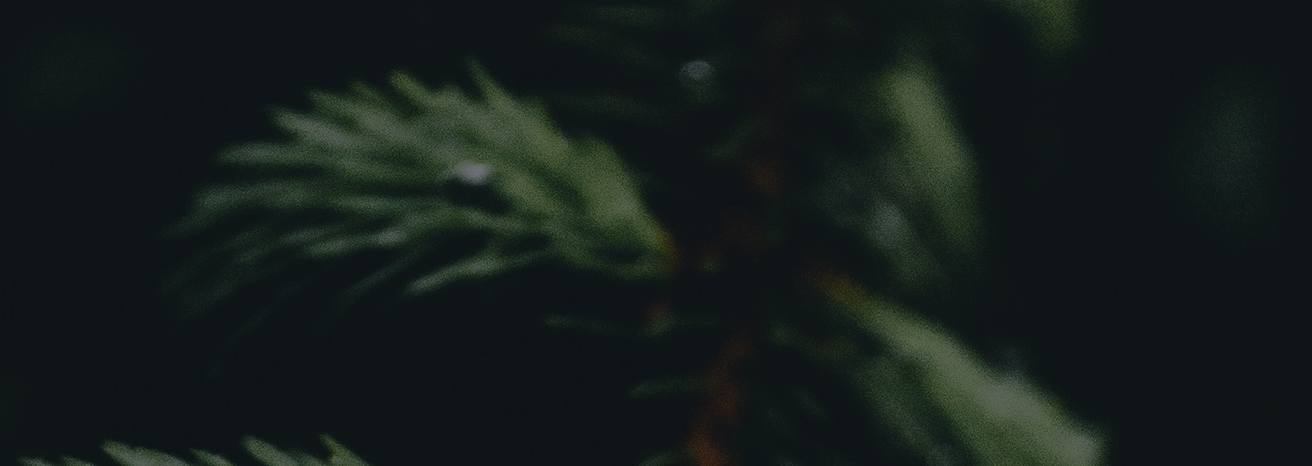Post-Acne
Post-acne refers to skin changes that occur after acne. These changes appear as scars, pigmentation spots, and enlarged pores that remain after inflammatory lesions heal. Post-acne usually affects the face, especially the forehead, cheeks, and chin, but it can also appear on other areas of the body – the back, chest, and arms. Eliminating post-acne requires a comprehensive approach, including professional treatment, since the consequences of acne may persist for years.
Causes
The main cause of post-acne is severe acne with complications. Acne is a common skin condition that causes inflammation and damage to the dermis. Improper treatment, squeezing pimples, and skin trauma contribute to the formation of scars and spots.
Risk factors include:
-
Severe forms of acne (nodular, cystic, papulopustular)
-
Prolonged skin inflammation (a year or more)
-
Family predisposition to scarring and pseudoatrophy
-
Self-treatment and improper management of inflammation
These factors disrupt skin structure and lead to defects requiring comprehensive therapy.
Symptoms and Manifestations
Post-acne presents with several signs noticeable in most patients:
Enlarged Pores
Excess sebum production and follicle damage lead to pore enlargement, worsening skin appearance and creating a favorable environment for further inflammation.
Hyperpigmentation
Dark spots occur due to excessive melanin production in inflamed areas. Hyperpigmentation is more common in people with darker skin and in women over 35 due to hormonal changes. Mechanical trauma, such as squeezing pimples, intensifies pigmentation.
Scars and Stagnant Spots
Scars – atrophic or hypertrophic skin defects – form due to dermal damage. Stagnant spots are reddish, violet, or bluish traces left after inflammation. Scars are more difficult to treat than spots and require specialized procedures.
Stages and Classification
Stage 1: Inflammation
Active inflammation occurs, accompanied by skin damage and increased melanin production, leading to pigmentation.
Stage 2: Granulation Tissue Formation
Healing cells begin forming collagen fibers and keratinocytes. Excessive production may cause improper tissue repair.
Stage 3: Matrix Remodeling
This final stage lasts for months and focuses on restoring skin structure. The quality of this process determines the severity of post-acne and scarring.
Complications
Without proper treatment, post-acne can lead to serious complications:
-
Formation of deep scars
-
Secondary skin infections
-
Vascular dilation and swelling
-
Depigmentation or increased hyperpigmentation
-
Exacerbation of infections such as herpes
-
Allergic reactions to inappropriate products
These complications require a comprehensive, professional therapeutic approach.
Diagnosis
Diagnosis includes evaluation of:
-
Type and form of scars
-
Depth and location of changes
-
Skin phototype
-
Presence of pigmentation
In most cases, a dermatologist’s visual examination is sufficient. For severe cases, blood and skin tests may be conducted to rule out infections and inflammation.
Treatment
Cosmetic Procedures
Effective post-acne treatment includes laser therapy and resurfacing, which promote skin renewal and scar removal.
Chemical Peels
Peels can be superficial, medium, or deep. They help eliminate stagnant spots and renew the skin surface.
Injection Methods
Injections of vitamins, enzymes, collagen, and hyaluronic acid stimulate skin repair, improving its structure and appearance.
Hardware Methods
Among hardware techniques, the most in demand are:
-
Laser resurfacing (effective for atrophic scars)
-
Microdermabrasion (a gentle method for removing spots and shallow scars)
-
RF-lifting (improves skin tone and stimulates collagen production)
Home Remedies for Post-Acne
Home care can help reduce spot severity and minimize new defects:
-
Regular gentle cleansing with natural-based products
-
Using exfoliants 1–2 times a week, avoiding daily use
-
Avoiding pimple squeezing and skin trauma
-
Applying moisturizing and soothing creams with anti-inflammatory effects
For pronounced defects, self-treatment is ineffective – professional therapy is required.
Prevention
To prevent post-acne formation, it is recommended to:
-
Maintain hygiene and personalized skincare
-
Avoid squeezing pimples with dirty hands
-
Use antibacterial products to remove makeup
-
Consult a dermatologist at the first signs of acne
-
Avoid frequent UV exposure and aggressive procedures
Frequently Asked Questions
Is it possible to get rid of post-acne with home remedies?
Home remedies may improve skin condition but do not remove scars or deep defects. For effective treatment, it is best to consult a specialist.
Can post-acne disappear on its own?
Some spots fade over time with proper care, but scars usually do not go away without professional treatment.
Can exfoliating products be used daily?
Excessive exfoliation damages the skin and worsens inflammation. Such products should be used no more than 1–2 times per week.
Post-Acne Treatment in Russia
In Russia, modern correction methods are available in specialized medical centers and aesthetic clinics. Local specialists successfully apply international treatment protocols adapted to the characteristics of the Russian population.
Clinics
-
RAMI – a clinic with extensive experience in dermatology and cosmetology, using advanced laser resurfacing and injection methods for post-acne correction.
-
Olymp Clinic – a medical center offering comprehensive treatment programs using hardware techniques and professional chemical peels.
-
Seline Clinic – a clinic combining comfortable conditions and an individual approach with advanced technologies for skin defect correction.
Cost
The cost of post-acne treatment in Russia depends on the chosen method, number of sessions, and region.
-
Chemical peels: $35–$200 per session
-
Laser therapy: $100–$600 per procedure, depending on laser type and treated area
-
Injection methods: $180–$500 per course
MARUS Assistance
MARUS provides professional support in choosing the optimal strategy for post-acne treatment and helps patients find qualified specialists for effective correction of skin defects using modern technologies.
Ophthalmology
Oncology
Plastic Surgery
Dentistry
Care Assistants
All information on this website is provided for informational purposes only and does not constitute medical advice. All medical procedures require prior consultation with a licensed physician. Treatment outcomes may vary depending on individual characteristics. We do not guarantee any specific results. Always consult a medical professional before making any healthcare decisions.

MARUS support options
Choose a package that works for you — from choosing your doctor to full-service travel and treatment
Send a request
You choose the clinic — we’ll take care of travel and treatment arrangements and all the paperwork.
